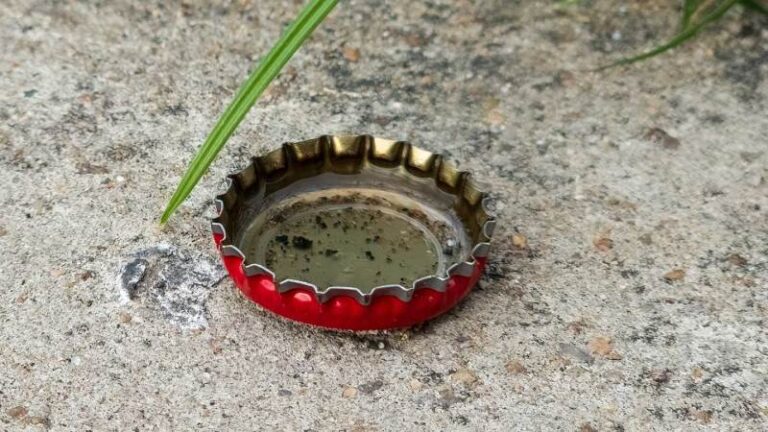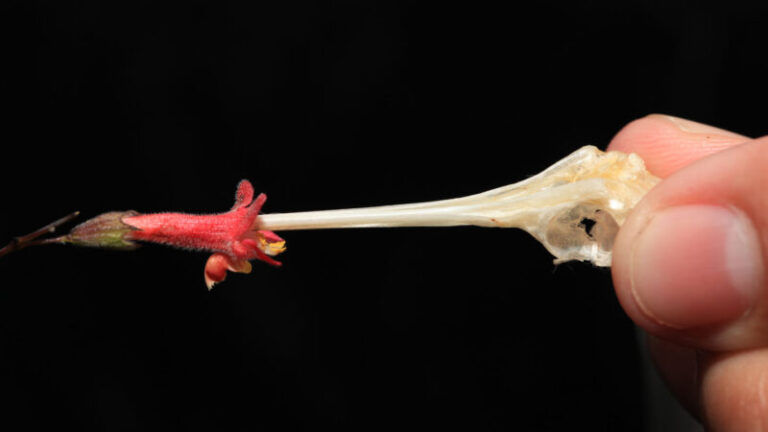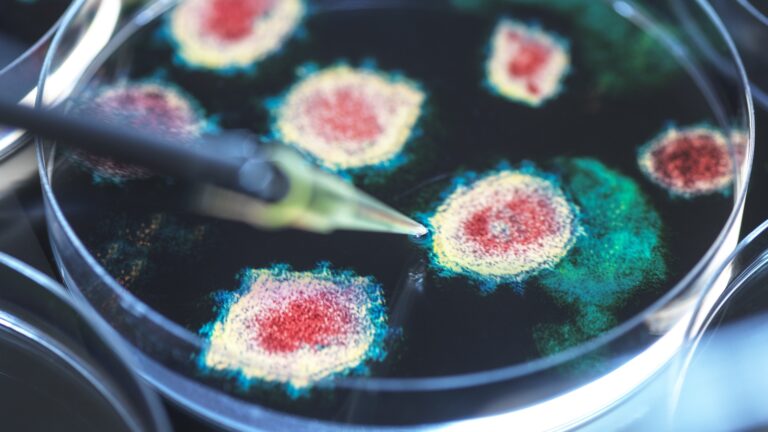Dengue is classified as an urban disease. Mosquitoes don’t care

Infectious diseases are often labeled “urban” or “rural.” Applying political labels to public health misses who is at risk, experts argue.
Science and Technolgy blog

Infectious diseases are often labeled “urban” or “rural.” Applying political labels to public health misses who is at risk, experts argue.

The Pilgrims and Wampanoag shared a harvest feast, but it didn’t happen the way you were likely taught in school.

A new study published in Developmental Cognitive Neuroscience sheds light on how early exposure to family-related stressors, such as harsh parenting, family conflict, and unsafe neighborhoods, impacts brain development. Researchers found that children exposed to these threats showed distinct patterns…

Neutrinos are some of nature’s most elusive particles. One hundred trillion fly through your body every second, but each one has only a tiny chance of jostling one of your atoms, a consequence of the incredible weakness of the weak…

Objective: Determine which added material will make ice melt fastest Areas of science: Chemistry Difficulty: Medium intermediate Time required: 2–5 days Prerequisites: None Material availability: Readily available Cost: $20–$50 Safety: No issues Credits: Andrew Olson, Ph.D., and Teisha Rowland, Ph.D.,…

Some flowers may be using their pollinators as battlegrounds. Their secret weapon: built-in pollen catapults that help them outcompete rival flowers. In Brazil, red flowers called Hypenia macrantha have both male and female reproductive organs. To avoid mating with themselves,…

Rocket propellants (noun, “Rah-kit Pro-PELL-ents”) Rockets need two things to propel them forward. One is fuel. The other is a source of oxygen, or an oxidizer, to help burn that fuel. Together, fuels and oxidizers are known as rocket propellants.…

A safety net of balloon-mounted sensors listening for satellites and cell towers could save lives if an airplane’s GPS signals were to get jammed or disrupted.

Researchers have made great strides to prevent deaths from fatal diseases, but the cures for some of them still elude us.

Black Friday and the Christmas sales are both great times to save money on the best science gifts, but is one better than the other?